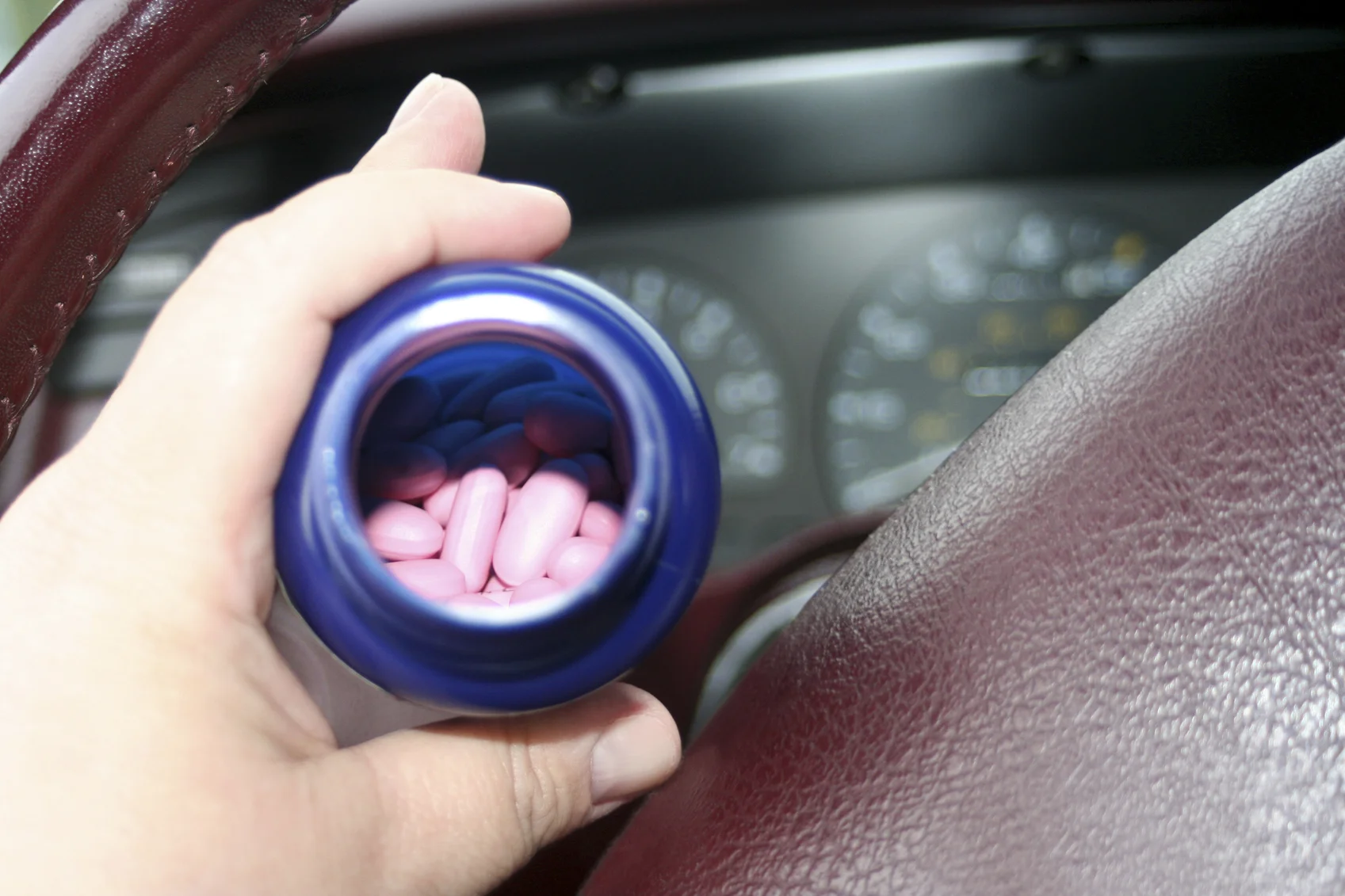NTSB RECOMMENDS TIGHTER FMCSA DRUG SCREENING, OTHER MEASURES IN ACCIDENT REPORT
The Federal Motor Carrier Safety Administration (FMCSA) should place more emphasis on drug testing and addressing the inadequacies of driver license records and background checks, according to National Transportation Safety Board (NTSB) recommendations.
The suggestions are included in a recent NTSB report on a 2015 multi-vehicle crash near Chattanooga, Tenn. The NTSB determined a semi-tractor-trailer driver’s “fatigue, methamphetamine use, and a failure to respond to slow-moving traffic within a work zone” caused the crash.
“Ending impairment in transportation and reducing fatigue-related accidents are on the NTSB’s Most Wanted List because fatigue and impairment have led to so many tragic outcomes—not only in commercial trucking but in all modes of transportation,” said NTSB Chairman Christopher A. Hart in a statement. “Our investigation reveals how this driver’s choices and actions, in the days and hours before the crash, led to the crash and loss of life.”
In four recommendations, the NTSB called on the FMCSA to:
- Disseminate information to motor carriers about using hair testing as a method of detecting the use of controlled substances;
- Require carriers to conduct the same review on potential new driver hires as they conduct for a driver’s annual evaluation; evaluate motor carrier use of the FMCSA’s Pre-Employment Screening Program (PSP), including costs and the value, accuracy, and timeliness of the information;
- Collect and publish best practices for pre-employment investigations and inquiries within the trucking industry.
The NTSB also called on the Kentucky Transportation Cabinet and the Idaho Transportation Department to include driver status, license expiration, driving restrictions, violations, and crashes in the 3-year driver motor vehicle record.

